NMC chair commits to tackling discrimination following racism row
Nursing Times
JULY 3, 2024
Find out what the nursing regulator has said in response to controversy about the appointment of an interim chief executive.
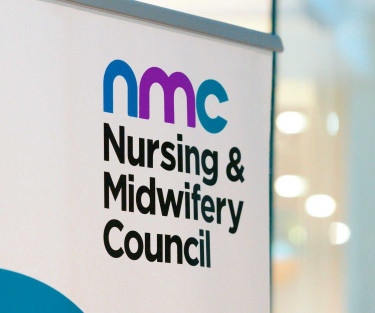
Nursing Times
JULY 3, 2024
Find out what the nursing regulator has said in response to controversy about the appointment of an interim chief executive.

Symplr
JULY 3, 2024
Over the years, complex regulatory mandates, patient and staff safety concerns, and the increasing need for full transparency across hospital activity has fueled efforts to strengthen vendor compliance across the board. For both Cone Health and St. Luke’s Health System , building an infrastructure meant implementing strong policies, standardizing them across facilities, and rolling out thoughtful education programs aimed at developing a culture of compliance with staff and vendors.
This site is protected by reCAPTCHA and the Google Privacy Policy and Terms of Service apply.
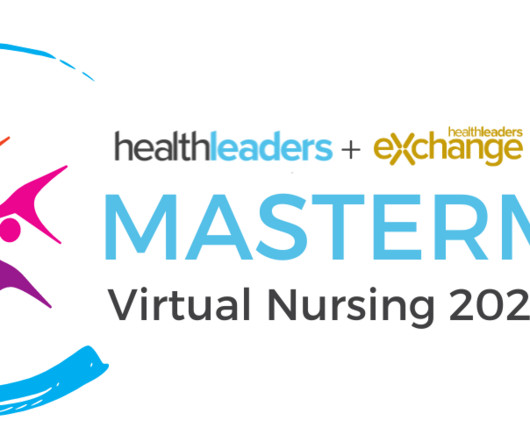
Health Leaders | Nursing
JULY 3, 2024
Previous telemedicine processes are now helping this health system implement virtual nursing, says this nurse leader. While virtual nursing programs are new to several health systems, the concept of telemedicine is not. Kay Burke , chief nursing informatics officer at UCSF Health , shared the four areas where their virtual nursing program is having an impact, and how the health system has built off their telemedicine model to improve virtual nursing workflows.
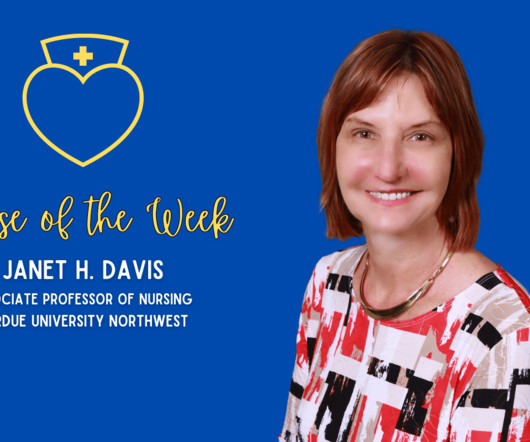
Daily Nurse
JULY 3, 2024
Janet H. Davis , PhD, RN, CNE, MBA, an associate professor of Nursing at Purdue University Northwest (PNW) has been awarded a U.S. Fulbright Faculty Scholar award for the 2024-25 academic year. She will work at the University of Colombo in Sri Lanka to enhance nursing leadership and teaching. During her time in Sri Lanka, Dr. Davis will focus on using evidence-based practices to improve nursing leadership and practice in academic and applied settings.
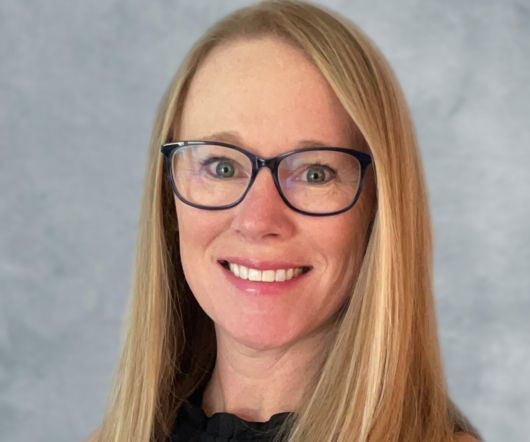
Speaker: Lauri Armstrong, SHRM-SCP - Sr. Director, People Operations at Carrot Fertility
Today’s workforce includes multiple generations of employees all looking for something different from their benefits package. While meeting these disparate needs can be challenging, a comprehensive fertility benefit can support everyone from junior staffers learning about their fertility health to senior leadership managing menopause and low testosterone symptoms.

Minority Nurse
JULY 3, 2024
So, you’ve built a solid resume that adequately represents who you are as a nurse. You’ve sharpened your professional summary, created a “Skills and Accomplishments” section that highlights your expertise, and you’ve made the “Experience,” “Education,” and “Licenses and Certifications” sections shine. What next? While no single enhancement will be the silver bullet that puts your resume over the top, you should consider the cumulative effect of the many elements of a strong resume.
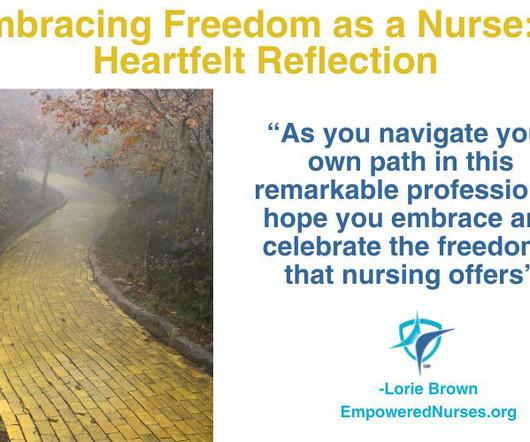
Empowered Nurses
JULY 3, 2024
Dear Fellow Nurse, As I sit down to pen these thoughts, I find myself reflecting on the many layers of freedom we experience as nurses. Freedom is a profound and multifaceted concept, one that weaves through our professional and personal lives in ways that are both subtle and profound. One of the things I think nurses value is control over their schedule.
Nursing Leadership Today brings together the best content for nurse leaders from the widest variety of industry thought leaders

CynaMed
JULY 3, 2024
2 minute read In order to function properly, assisted living facilities need great staff members. Without them, there wouldn’t be anyone to take care of patients. In particular, a personal care assistant plays an integral role in assisted living facilities. Along with helping in patient care, they also assist doctors and nurses. In this article, we will explain the important role of personal care assistants in assisted living facilities.

American Nurse
JULY 3, 2024
The United States continues to experience a shortage of frontline nurses, and a critical nurse faculty shortage impedes efforts to educate nurses to meet clinical workforce demands. In 2021, according to the American Association of Colleges of Nursing, U.S. nursing programs turned away 76,000 qualified prelicensure applicants due to a shortage of nursing faculty.

American Nurse
JULY 3, 2024
Opportunities and challenges Faculty practice holds the potential to reshape nursing academia. The traditional roles of educators, researchers, and mentors remain essential to the academic mission, but the integration of faculty practice represents a paradigm shift that brings both opportunities and challenges. It creates a seamless connection between academia and real-world practice.

American Nurse
JULY 3, 2024
Patient-centered care focused on self-sufficiency The Centers for Medicare and Medicaid Services (CMS) uses the term “home health” to describe a federal health insurance program that provides intermittent short-term care to help patients recover from illness and become as self-sufficient as possible at home. Professionals who participate in home health include nurses, physical therapists, occupational therapists, speech therapists, social workers, and nurse aides.

Speaker: Julie B. Chavez - VP, Strategy & Alliances at Carrot
An estimated 1.1 billion women worldwide will have experienced menopause by 2025. Symptoms like hot flashes, fatigue, and anxiety can be incredibly disruptive — and last for years. But despite its massive impact, little is being done to support those going through menopause in the workplace. In a recent survey, 70% of respondents said they have considered changing their employment to better manage symptoms — perhaps because only 8% received significant support from their employer related to meno
Let's personalize your content